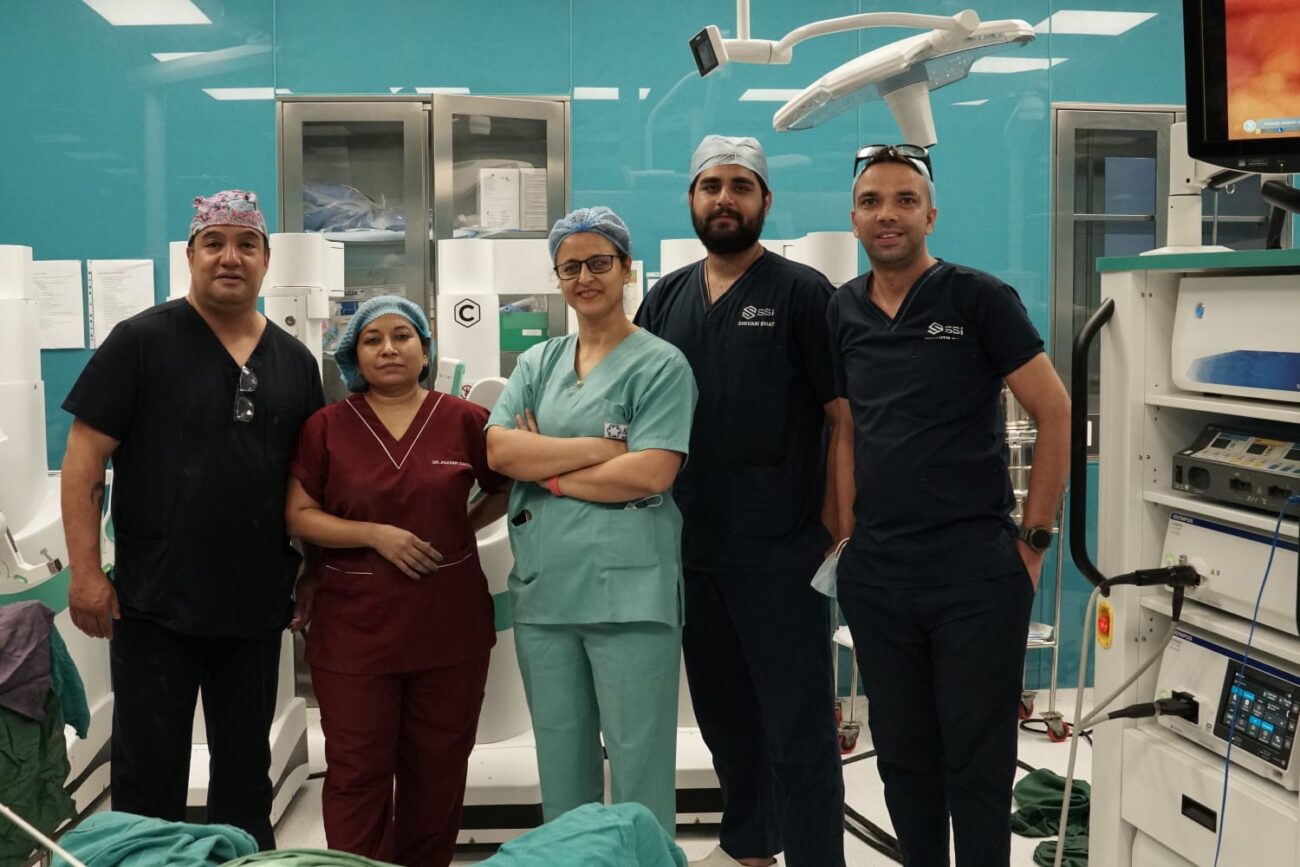Impact of COVID19 on Indian Healthcare Industry
COVID-19 has pushed the medical community into a turmoil. Technological advancement has supported the optimal diagnosis and treatment of COVID-19 patients to some extent, as well as day-to-day public health needs. Pandemics have had significant social and
COVID-19 has pushed the medical community into a turmoil.
Technological advancement has supported the optimal diagnosis and treatment of COVID-19 patients to some extent, as well as day-to-day public health needs.
Pandemics have had significant social and economic cost to humanity over centuries. The COVID-19 pandemic is also straining healthcare systems worldwide. It has stretched healthcare infrastructure of even the most developed countries and is expected to cause economic slowdown.
The rapidly increasing demand on health facilities and health care workers threatens to leave some health systems overstretched and unable to operate effectively. The efficacy of the health-system surge and how it is maintained over time. Countries with rapidly increasing numbers of cases are finding ways to expand their critical-care capacity massively. Their ability to do so, and to push mortality from COVID-19 to lower levels, will not only save lives but also engender confidence in their health systems’ ability to manage a resurgence.
Governments of different countries are reacting differently to this pandemic. It is interesting the way a country with population of 1.3 billion, millions of habitants in rural and urban slums is trying to avoid a large-scale community spread of coronavirus. Tackling this unprecedented challenge requires a systems approach and the mobilization of all stakeholders to respond. A collective effort of Indian government, the private sector and common people in their individual capacity has contributed to fight against it.
As the world struggles with the novel coronavirus pandemic, no industry has gone untouched. But Med Tech Industry finds itself playing an important and urgent role in both helping detect the virus and supplying frontline healthcare workers with the equipment needed to fight it. Industry players are trying to adapt to a changing economic landscape in which supply chains, face-to-face sales interactions, and elective surgeries have all been disrupted.
While the healthcare sector prepares for every eventuality, it is also a reality that, unlike other sectors, the healthcare delivery system is facing a twin-burden. Deploying additional manpower, equipment, consumables and other resources to ensure readiness for treating the COVID 19 infected patients and maintaining safety for medical staff in the hospital. At the same time, it is experiencing a major drop in elective surgeries, walk-ins for OPD and the inflow of international patients. This may cause losses and impact on cash flows with huge fixed costs of the healthcare institutions.
The Medical Device Industry has stepped up to the plate and making its presence felt. It has engaged with the Government and been vocal about red-flagging shortfalls, outlining policy requirements and applauding good initiatives.
The Indian medical devices industry is heavily dependent on import of raw materials and electronic components. With the increasing number of Covid-19 cases, it is likely to affect India’s import-dependent medical product supply chain. With this the medical devices industry has also taken a hit. The country also imports consumables, disposables and capital equipment including imaging devices. The medical device manufacturers across India are finding it difficult to source important raw materials and electronic components from these factories. Even though some of the manufacturing facilities have restored operations, shortage of some critical electronic parts and raw material is still there. This can also put upward pressure on prices of medical devices in the short term.
Domestic manufacturers are looking for other alternative sources for these imports including raw material and electronic components. Indian government should also take measures to reduce import dependency as it may take longer for the country to come out of this threat. On the other hand, this could be an opportunity for India to become a hub of global medical device manufacturing empowering its local players by means of some subsidies & also supporting them to operate smoothly.
It is crucial that society preserve both lives and livelihoods. To do so, India can consider a collaborative set of fiscal, monetary, and structural measures. The impact of the coronavirus pandemic and the lockdown it triggered is clearly visible on the healthcare sector but there is still no clarity on the deeper impact that it is having across businesses.




